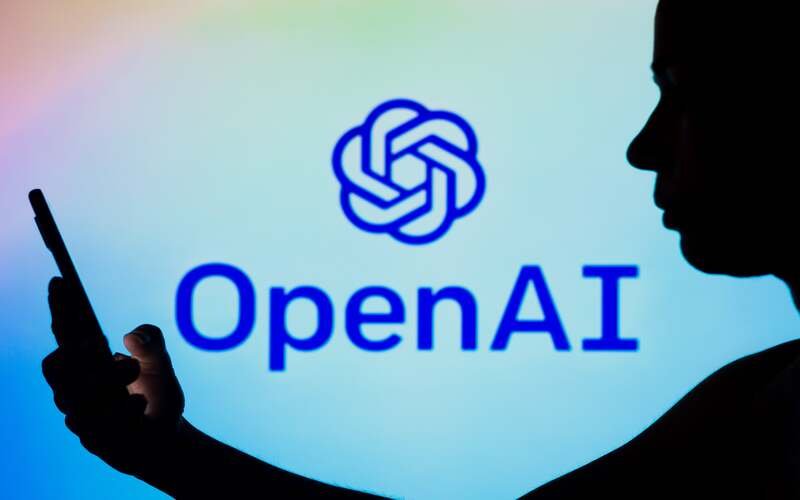OpenAI CEO visits South Korea to promote AI development. Open AI CEO Sam Altman will meet with South Korean President Yoon Suk Yeol to boost AI competitiveness.
Altman visited Israel, Jordan, Qatar, UAE, India, and South Korea this week after meeting with politicians and national leaders across Europe last month to discuss AI’s potential and risks.
“People are focused on not stifling innovation, and any regulatory framework has got to make sure that the benefits of this technology come to the world,” Altman told nearly 100 South Korean businesses on Friday.
Since Microsoft Corp (MSFT.O)-backed OpenAI launched ChatGPT last year, generative AI has grown rapidly and become popular, prompting lawmakers worldwide to address safety concerns.
The EU’s draft AI Act is anticipated to become law this year, while the US is considering updating existing rules for AI.
South Korea’s new AI regulations, less stringent than the EU’s, are pending legislative approval.
A parliament committee passed an AI law draft in February that ensures freedom to produce AI products and services unless regulators judge them harmful to people’s lives, safety, and rights.
In April, South Korea’s Ministry of Science and ICT announced plans to promote local AI development, including providing training datasets for “hyperscale” AI. AI ethics and legislation talks continued.
Naver (035420. KS), Kakao (035720. KS), and LG (003550. KS) are among the few South Korean tech corporations that have established foundation models for artificial intelligence in a market dominated by the US and China.
The startups are pursuing niche or specialized markets that big tech in the US and China has not yet addressed.
LG AI Research chairman Kyunghoon Bae said, “In order for Korean companies to have strength in the global AI ecosystem, each company must first secure specialised technology for vertical AI,” or AI optimized for specific needs.
Naver wants to develop localized AI applications for politically sensitive Middle Eastern and non-English-speaking countries like Japan and Southeast Asia.






































Comment Template